Episode 11: Sarah Parcak | Space Archaeology | Click to Listen
You can subscribe to this podcast from any podcast player by typing "After On" in the search window. If you're on an iPhone and use Apple's podcast software, just click here, If you're on a computer, click on that same link – then click the blue “View on iTunes” button (under the After On image on the left side of the page), then click “Subscribe” (in similar location) in the iTunes window.
==================================================
After On Podcast #11: Sarah Parcak on Space Archaeology (From Boing Boing)
Ask any archaeologist, and you’ll learn that the tools of their trade are simple and universal: a pointing trowel for excavation; a brush for removing dust from finds; sidearms to fend off Nazi grave robbers; and a large constellation of satellites.
That last item joined the toolkit back in 1984, when NASA’s Tom Sever (who is not a Hall of Fame pitcher, and must be sick of being asked if he is) convened an archaeological summit to offer up images and other goodies from his agency. And with that, the field of space archaeology was.
In roughly the same year, the Tooth Fairy delivered a children’s book about ancient Egypt to one Sarah Parcak, age 5, of Bangor Maine. An early childhood obsession with pharaonic culture is common amongst Egyptologists, and Sarah’s began then. We discuss this and Sarah’s amazing (and still early-ish) career as a leading space archaeologist in this week’s episode of the After On podcast. You can find it in your podcasting app, or just click here:
Sarah began her formal study of the field as a Yale undergraduate, then went to Cambridge for her PhD. Space archaeology had grown semi-dormant after an initial flurry of excitement and papers. But the falling cost of satellite imagery, plus the emergence of Google Earth, electrified a young cohort of academics as Sarah was doing her graduate work. Her thesis leaned heavily on satellite imagery, and landed her a professorship at the University of Alabama at Birmingham.
I'm sorry to report that is not a priceless archaeological find sitting between us
Then the BBC called. They were interested in Sarah’s emerging field, so they rang her up for an interview. One thing led to another, and eventually the network agreed to fund (and film) Sarah as she carried out a satellite survey of known and potential archaeological sites in Egypt. Covering the entire country, the project was unprecedented in its scope.
Much has happened since. In the wake of the Arab Spring, Sarah’s team did groundbreaking work in documenting and monitoring the looting of hundreds of archaeological sites. In 2012 she was invited to be both a TED Fellow and a National Geographic Explorer, and in 2016 she won the million-dollar TED Prize to further her work. She applied the money and the platform that TED gave her to launch a citizen science project called GlobalXPlorer. This has already leveraged the eyeballs of over 50,000 volunteers to create a sweeping archaeological survey of Peru. Sarah has near-term plans to take the platform to a grand new level, but can’t quiiiiite talk about them yet.
We cover all this and more in our interview. Enjoy!

